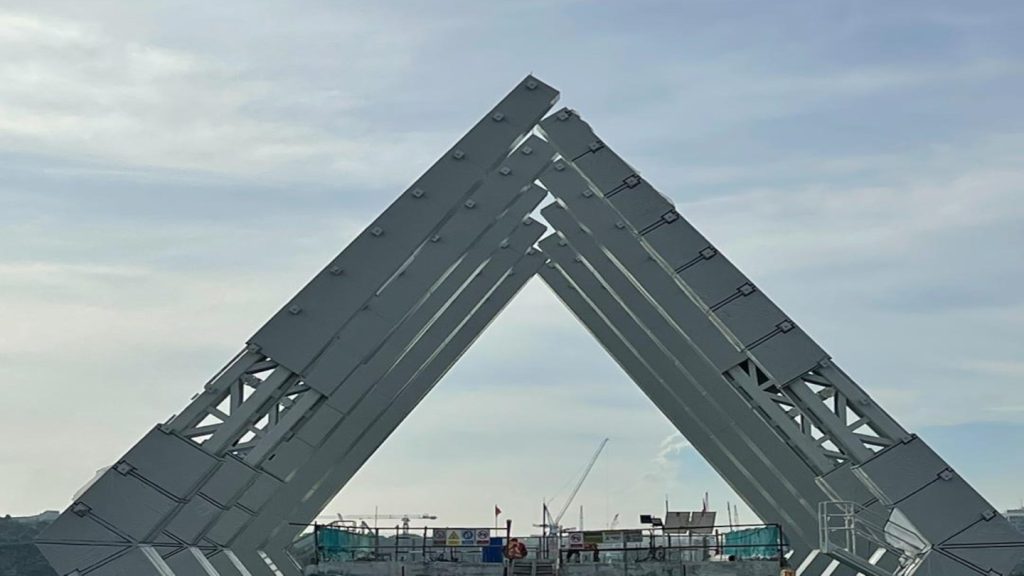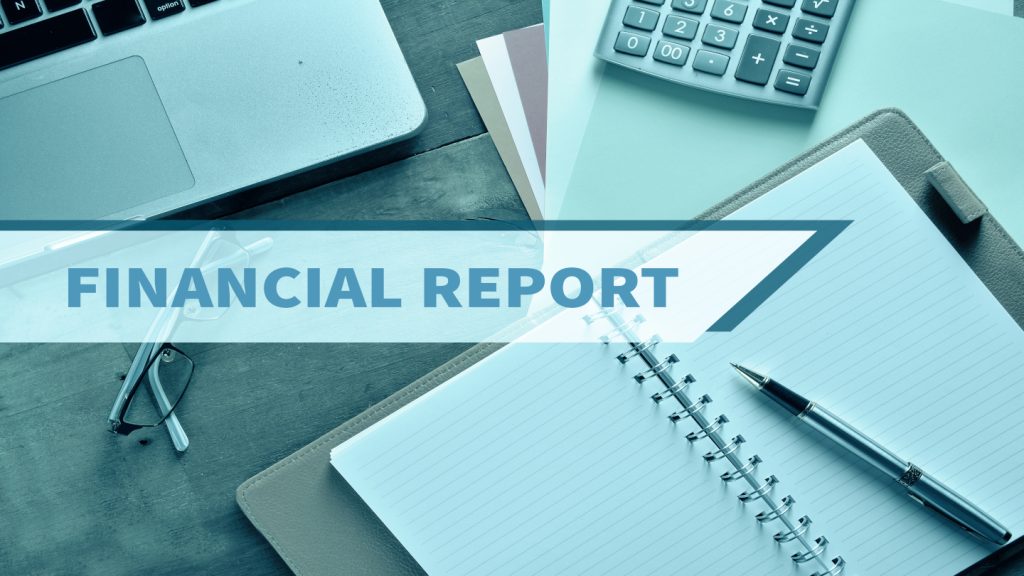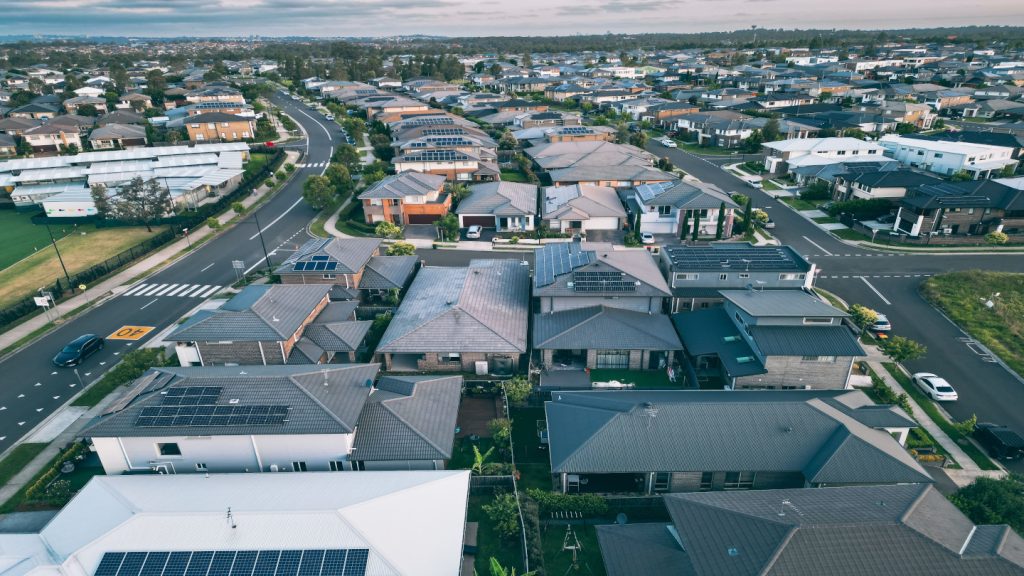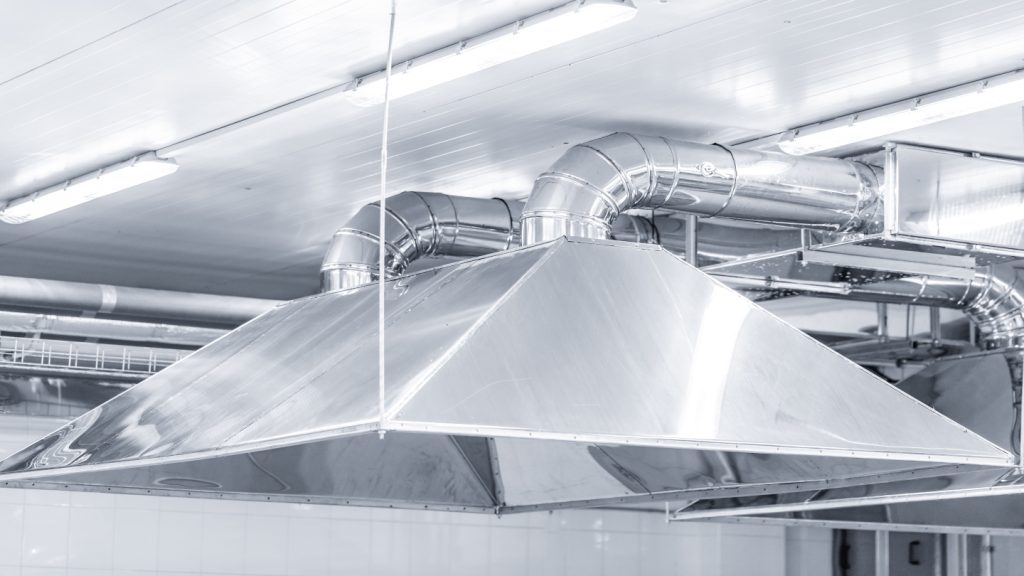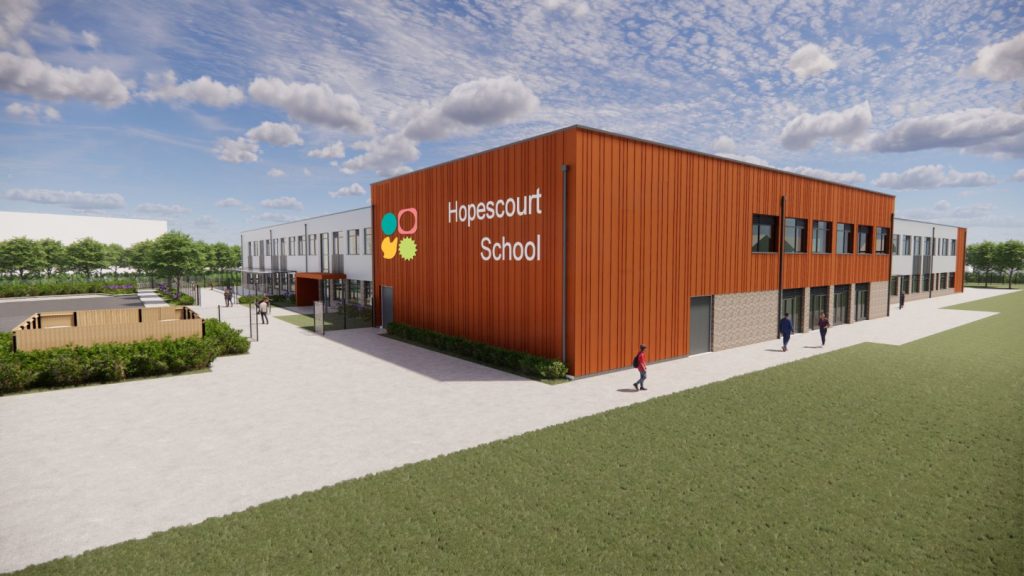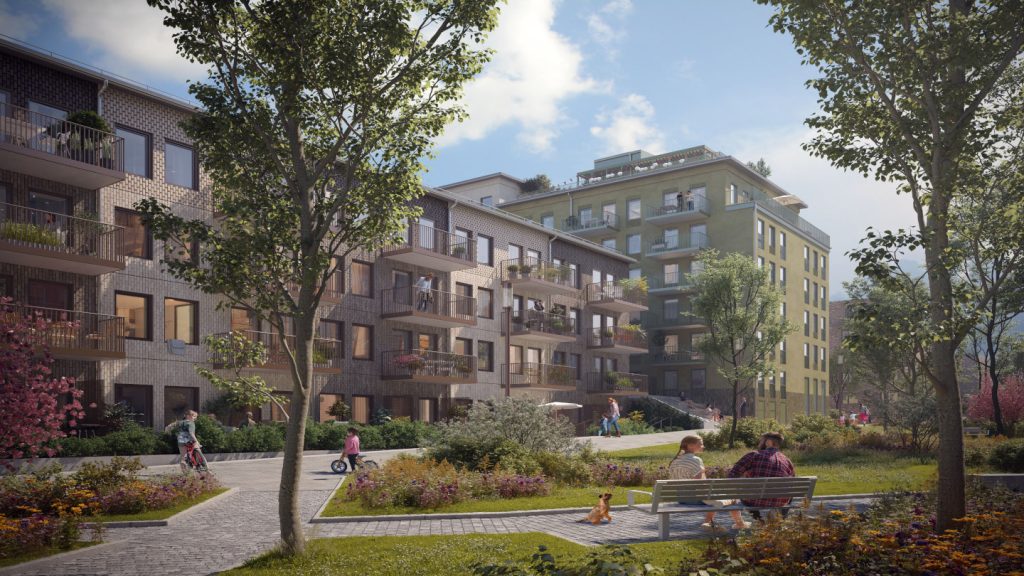The Johor Bahru-Singapore Rapid Transit System (RTS) Link project is approaching another significant milestone, with rail systems installation works set to start by the end of this year.
The Infrastructure Companies (InfraCos) of Malaysia and Singapore will soon grant RTS Operations (RTSO) access to the RTS Link civil structures.
This commencement marks a critical phase in the project's progression.
This January, the Singapore and Malaysian governments celebrated the completion of a 340-tonne connecting span that formed a crucial part of the RTS Link. The span, measuring 17.1m, bridges the marine viaduct between the countries.
Since this milestone, InfraCos has made significant strides in constructing civil structures, including stations, tunnels, viaducts, and the site's depot.
In Singapore, more than 80% of the overall civil infrastructure works are completed. The marine and land viaducts are nearing completion, and InfraCo Singapore is preparing to grant RTSO access to the civil infrastructures within Singapore from the year's end.
The remaining works involve architectural and roadworks, alongside the installation of electrical and maintenance systems and other key systems such as immigration gates.
Construction works to integrate the RTS Link with the existing Thomson-East Coast Line Woodlands North station at Basement 1 are scheduled to commence in 2025, which will provide seamless connectivity to the Singapore MRT network upon the start of passenger service.
Meanwhile, in Malaysia, railway civil infrastructure works, including the RTS Link Maintenance Depot and Bukit Chagar Station, have reached approximately 93% completion.
The RTS Link is a bilateral project poised to enhance connectivity between Johor Bahru and Singapore that targets to commence passenger service by December 2026.


